It is necessary to supplement the independent appraisal function of the Supreme People's Procuracy.
The National Assembly deputies said that amending and supplementing the current Law on International Treaties is an urgent requirement to institutionalize the Party's policy on innovation in legislative work, decentralization, international integration; and improving the effectiveness and efficiency of state management in the field of international treaties. In particular, it will help speed up the process and procedures for signing international treaties on loans, contributing to creating conditions for provinces and cities to take advantage of resources from official development assistance (ODA) loans and foreign preferential loans to serve local socio -economic development.
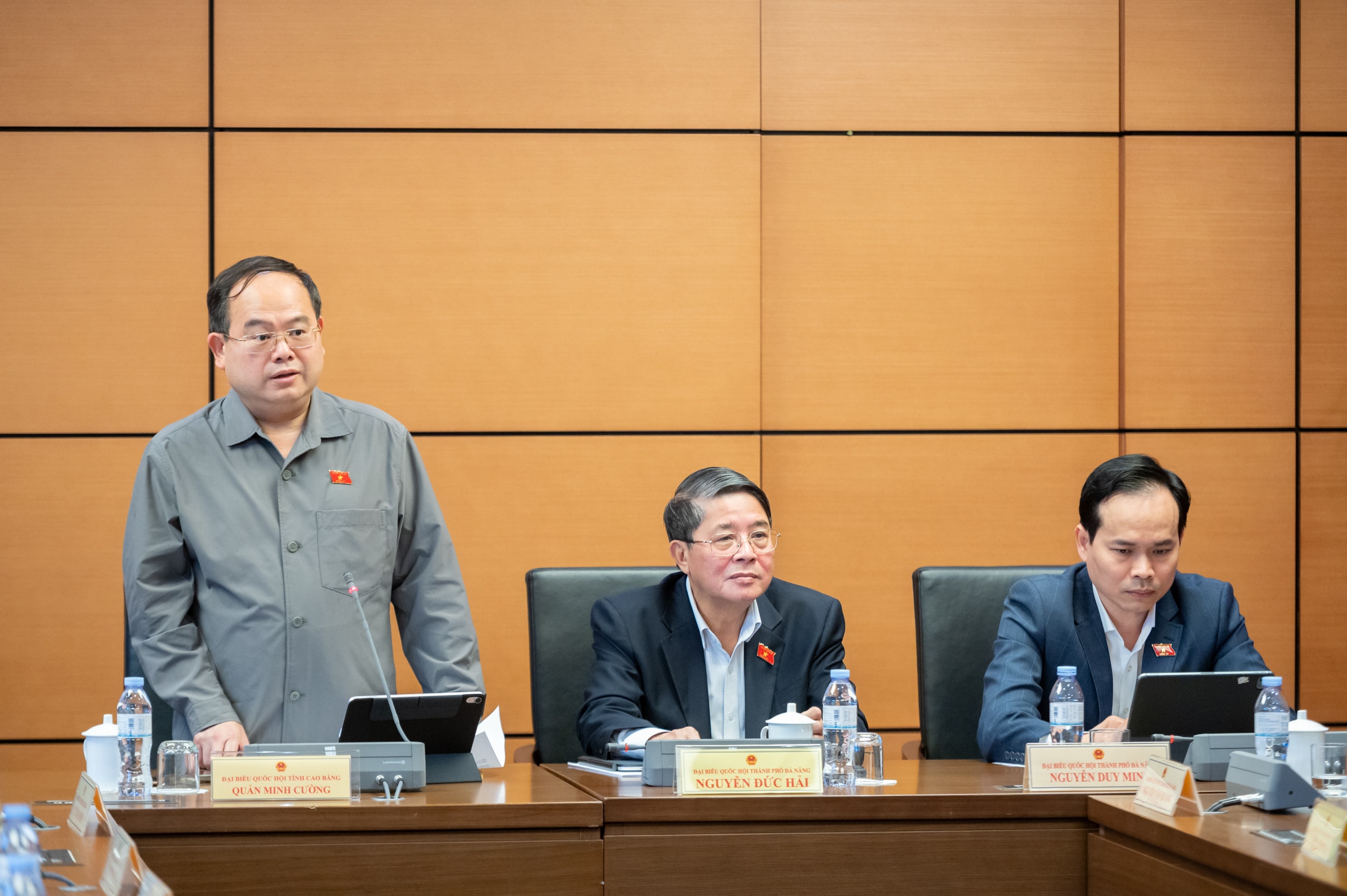
Delegates also noted that the draft Law was built in the spirit of continuing to perfect the legal mechanism on international treaty work, in accordance with the requirements of Vietnam's comprehensive and deep integration in the new period.
Regarding the work of examining and appraising international treaties (Clause 8, Article 1), National Assembly Deputy Nguyen Duy Minh (Da Nang) noted that the draft Law has shortened the time limit for examination and appraisal by the Ministry of Foreign Affairs and the Ministry of Justice, clearly demonstrating the spirit of administrative reform.
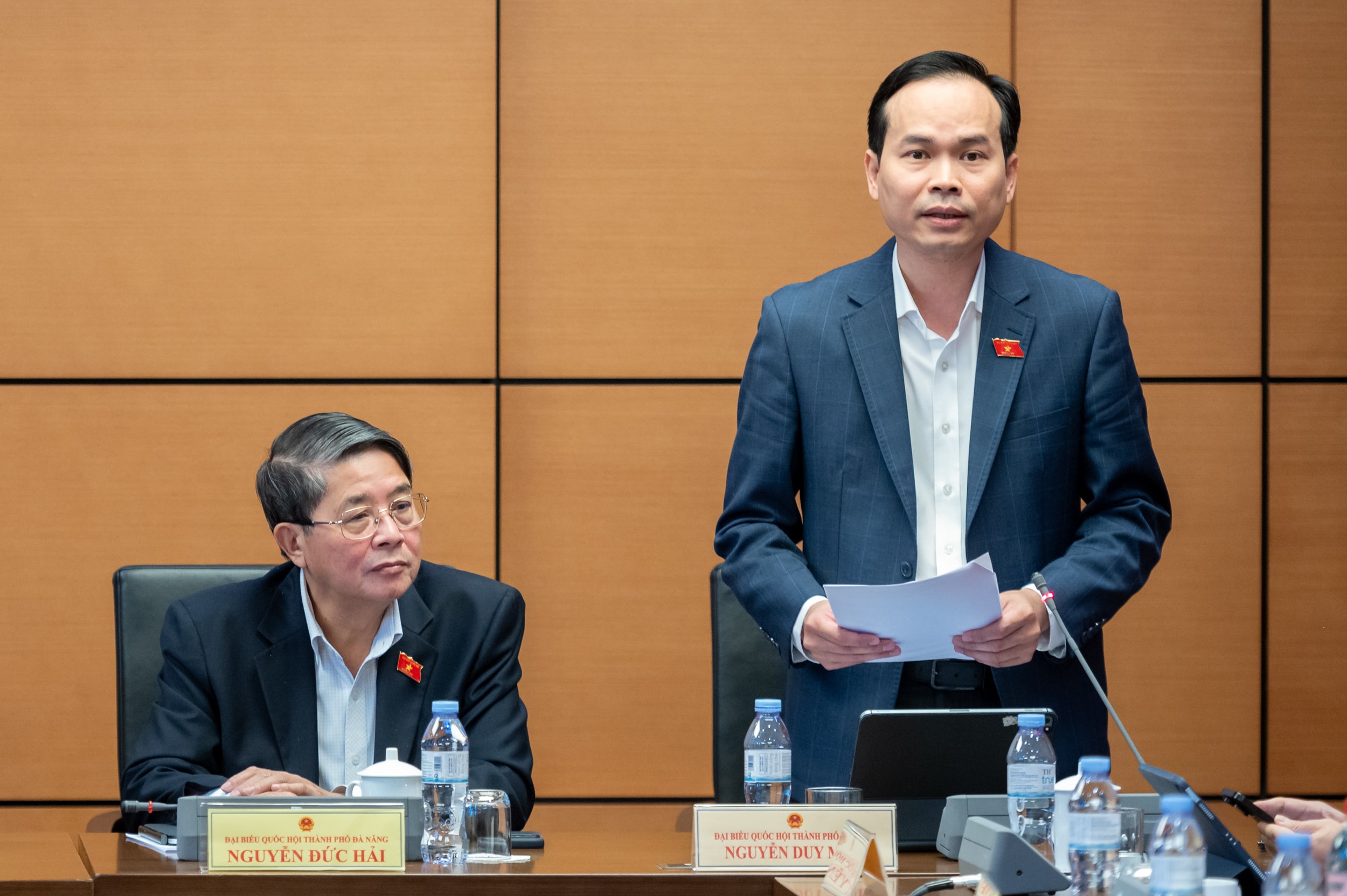
However, for treaties related to human rights, civil rights or having an impact on the foundation of the socialist regime, such as treaties on extradition, transfer of persons serving sentences, cooperation in investigating transnational crimes, it is necessary to supplement the independent appraisal mechanism of the Supreme People's Procuracy, in addition to the appraisal of the Ministry of Justice and the Ministry of Foreign Affairs. This provision is consistent with the constitutional function of the People's Procuracy as stipulated in Article 107 of the 2013 Constitution, while ensuring objectivity, the rule of law and human rights.
Regarding the simplified negotiation and signing mechanism, delegates suggested that the simplified procedure should only be applied to treaties that are technical, principled or narrow in scope, and have little impact on politics, defense, security and human rights. For international criminal treaties (such as extradition, transfer, and cooperation in investigation), it is necessary to fully implement the process and closely evaluate them, because these treaties are directly related to judicial sovereignty and human rights.
Also agreeing with the addition of the Supreme People's Procuracy's appraisal authority, National Assembly Deputy Vuong Thi Huong (Tuyen Quang) said that the appraisal opinion of the Supreme People's Procuracy in cases where the treaty has content related to criminal proceedings or international judicial cooperation in the criminal field, aims to ensure objectivity, protect the rule of law and the treaty's conformity with the national procedural system.
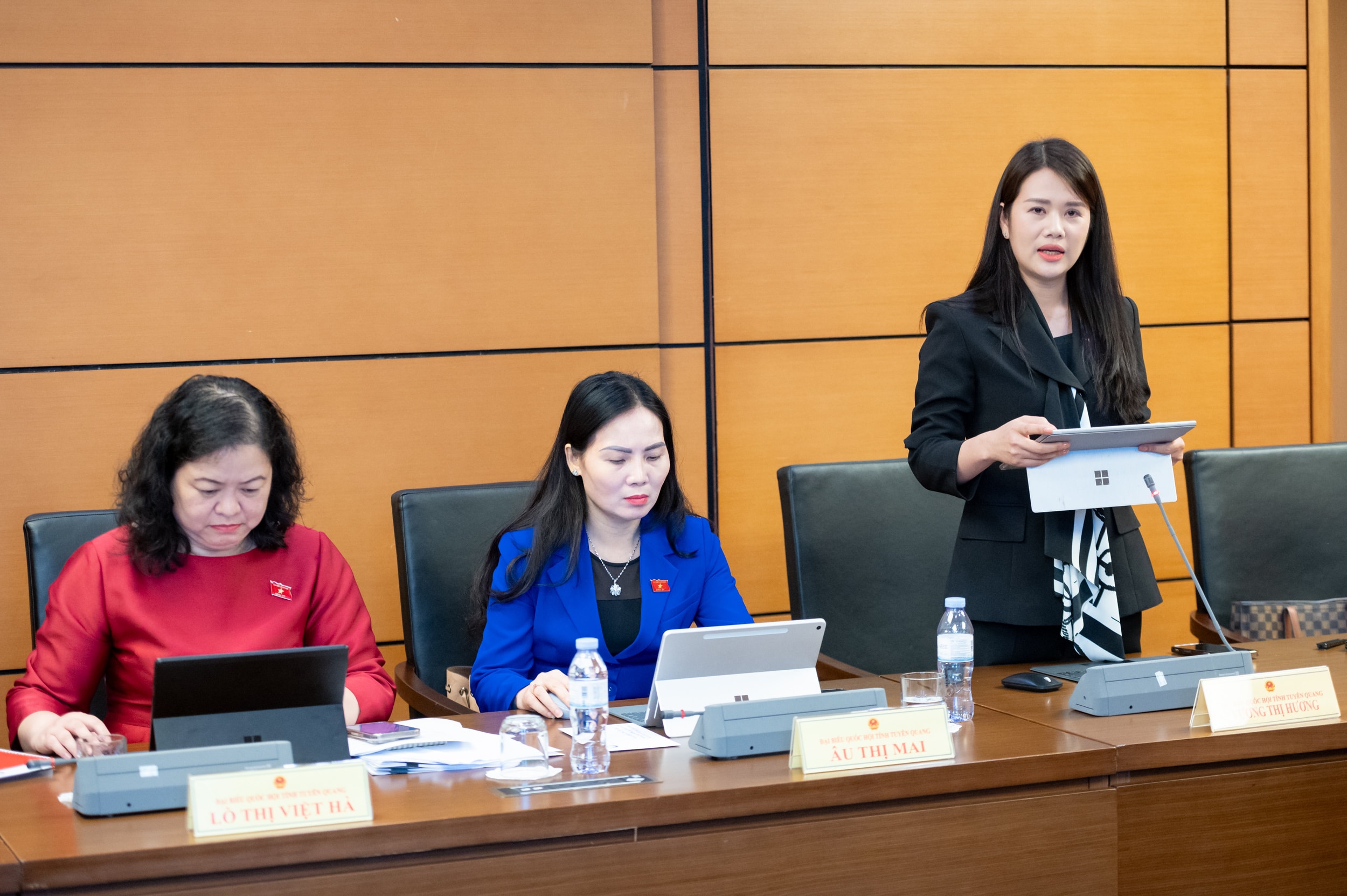
Delegate Vuong Thi Huong also said that the regulations on the Dossier for requesting the examination and appraisal of international treaties should include the requirement to develop a Report assessing the compatibility of the treaty with the Constitution and the legal system of Vietnam, a Report assessing the impact of the treaty on human rights and civil rights, along with specific proposals and measures to ensure it.
“Adding these contents will contribute to strengthening the legal basis, ensuring comprehensiveness and consistency in the process of appraising international treaties, and at the same time clearly demonstrating the State's responsibility in protecting human rights, civil rights and ensuring socialist legality,” the delegate emphasized.
Enhancing the Government's flexibility and responsiveness
Regarding Authorization in special cases (Clause 23, Article 1 of the draft Law to amend and supplement Article 72a of the current Law), the draft Law supplements a mechanism allowing the President to authorize the Prime Minister to decide on the negotiation, signing, amendment and supplementation of a number of international treaties on behalf of the State under the President's authority, within a specified period of time, in case it is necessary to handle practical or urgent foreign affairs requirements.
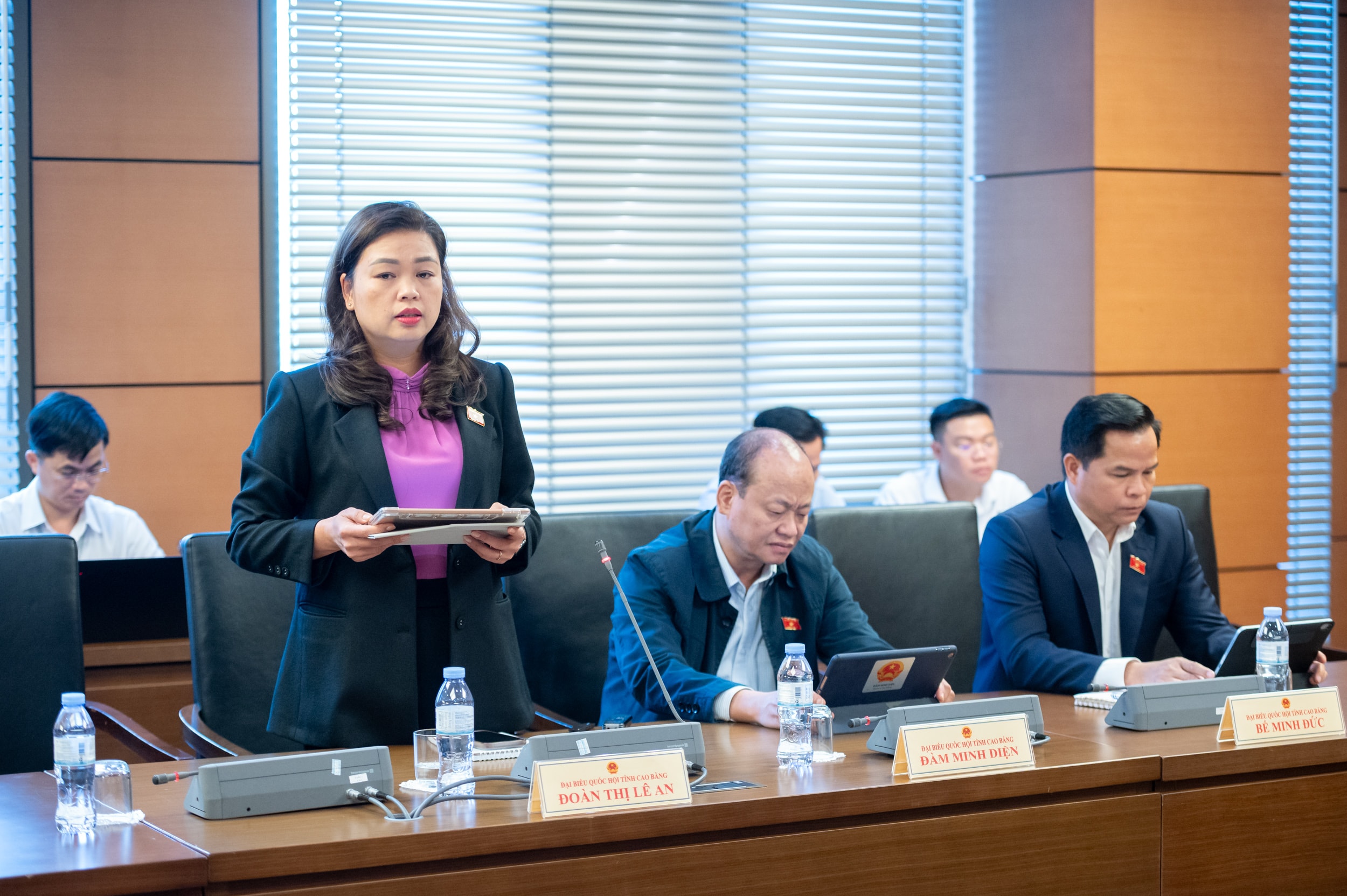
National Assembly deputies Doan Thi Le An (Cao Bang) and Nguyen Van Quang (Da Nang) said that this provision is necessary to increase the Government's flexibility and timely response capacity, especially in urgent foreign affairs situations, similar to the authorization to exercise certain legislative or executive powers in special situations as prescribed by the Constitution and the Law on Organization of the National Assembly.
However, delegate Doan Thi Le An said that it is necessary to pay attention to ensuring the constitutional principle of the President's authority and clearly limiting the scope and conditions of application to avoid abuse, especially not applying it to treaties related to war, peace, national sovereignty, and the establishment of international organizations.
At the same time, the delegate proposed to add the following provision to the last paragraph of Article 72a: “In all cases of authorization as prescribed in this Article, the Ministry of Foreign Affairs is responsible for monitoring and reporting to the Prime Minister on the results of the implementation of authorization and proposing measures to handle arising contents that exceed the authority or are no longer appropriate.”
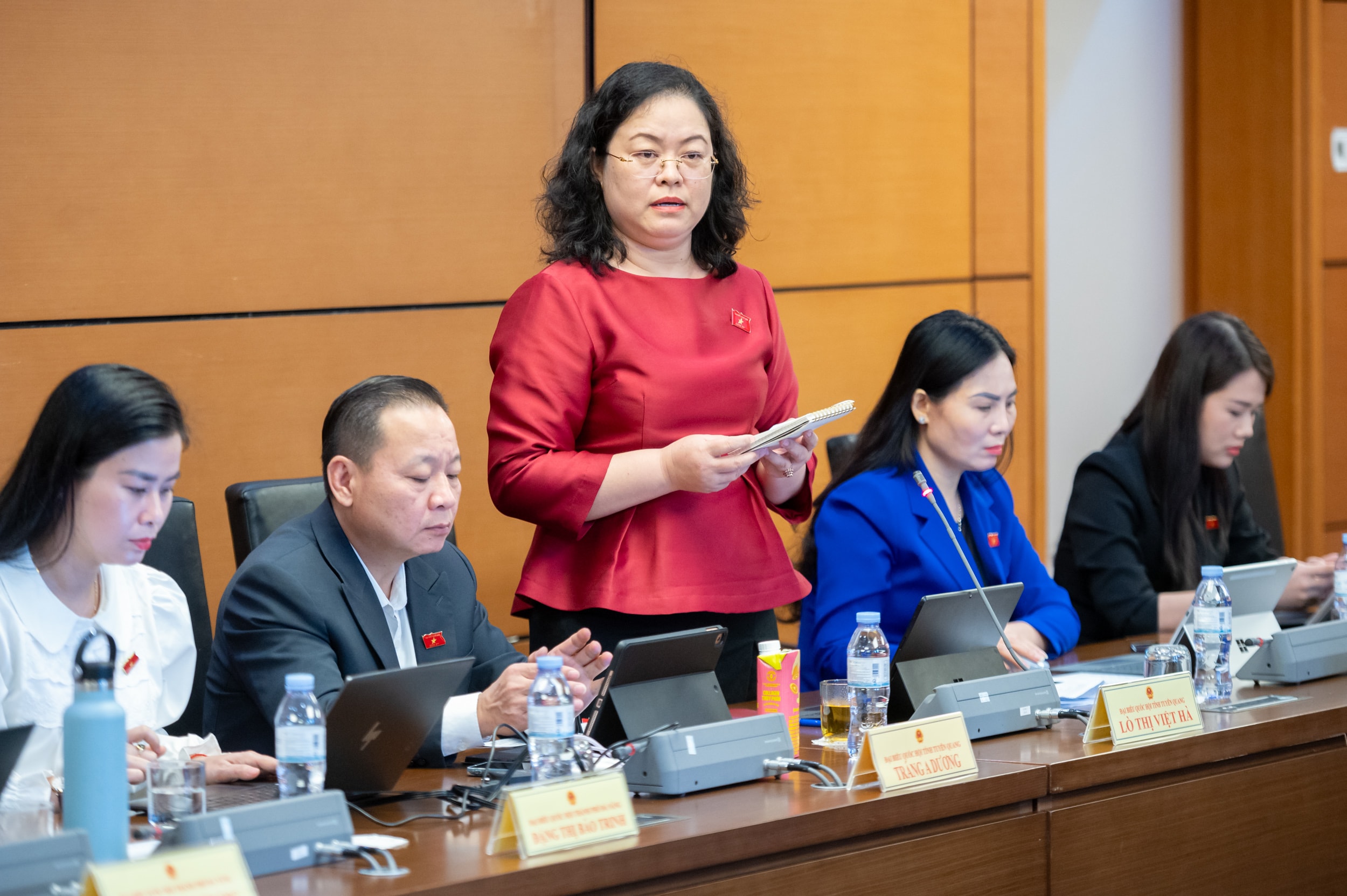
Also interested in this content, delegate Vuong Thi Huong suggested that the drafting agency clearly stipulate the order of implementation of the consultation process. Specifically, first, it is necessary to obtain legal assessment opinions from the Ministry of Justice; then obtain opinions from the Ministry of Foreign Affairs on the content, form and conformity with foreign policy; then obtain opinions from relevant agencies and organizations, before the agency proposes to submit to the Prime Minister a report to the President for consideration and decision on the authorization.
According to delegates, this regulation will ensure the proper functions and authority of the Ministry of Justice in legal appraisal work, while enhancing the strictness and consistency in the process of handling special foreign affairs situations.
Regarding the scope and duration of authorization, delegate Vuong Thi Huong requested the drafting agency to study and supplement specific regulations on the scope of authorization, duration and conditions for applying the authorization, specifically.
Accordingly, authorization is only applied in special and urgent cases of foreign affairs. It is necessary to clarify what “special cases and necessary cases” are; and the authorization must be decided by the President in writing, clearly stating the scope, content and specific duration of authorization, within a specific period of time; after implementation, the Government must report to the President to ensure transparency in foreign affairs activities on behalf of the State.
Source: https://daibieunhandan.vn/chi-ap-dung-thu-tuc-rut-gon-voi-dieu-uoc-co-pham-vi-hep-10393803.html


![[Photo] Prime Minister Pham Minh Chinh attends the 5th National Press Awards Ceremony on preventing and combating corruption, waste and negativity](https://vphoto.vietnam.vn/thumb/1200x675/vietnam/resource/IMAGE/2025/10/31/1761881588160_dsc-8359-jpg.webp)


![[Photo] Da Nang: Water gradually recedes, local authorities take advantage of the cleanup](https://vphoto.vietnam.vn/thumb/1200x675/vietnam/resource/IMAGE/2025/10/31/1761897188943_ndo_tr_2-jpg.webp)


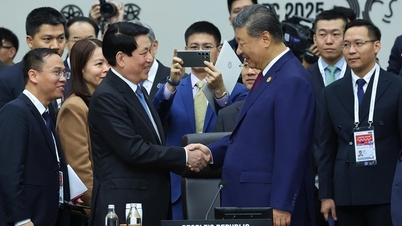

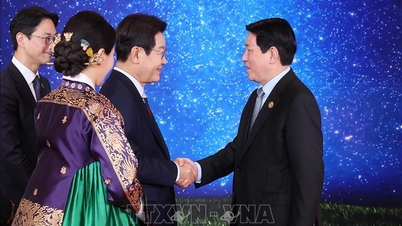
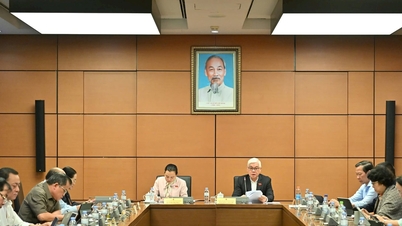
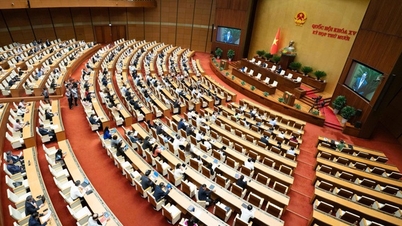

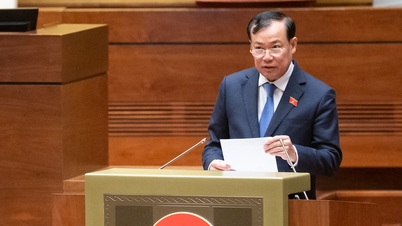
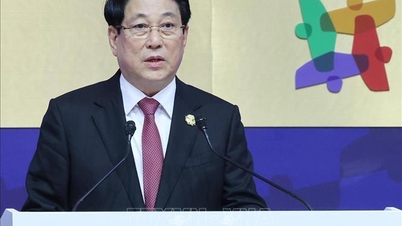
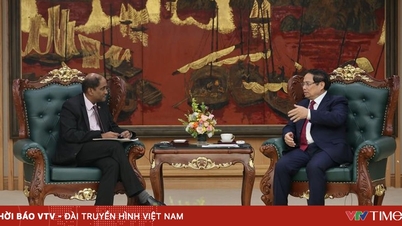

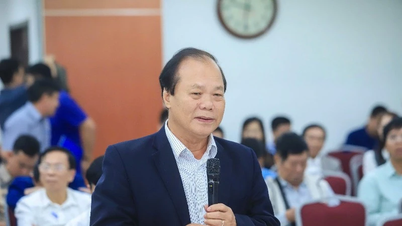

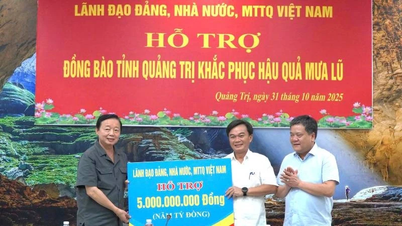
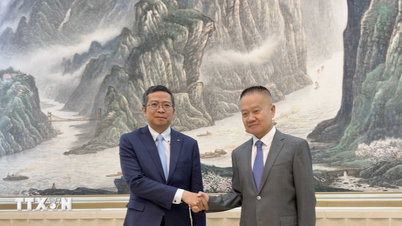


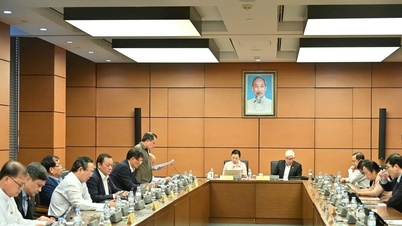




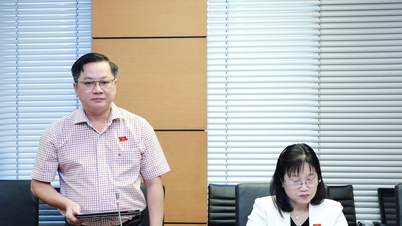
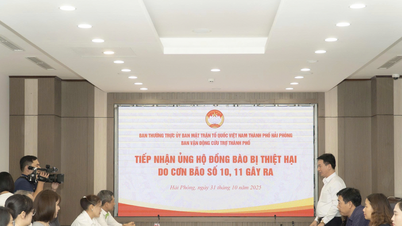
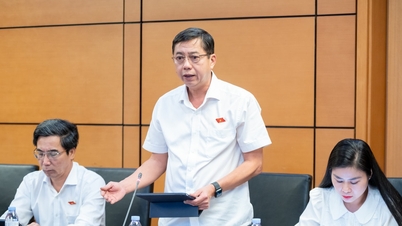
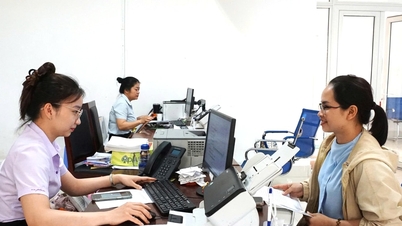
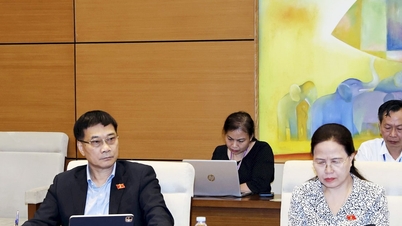
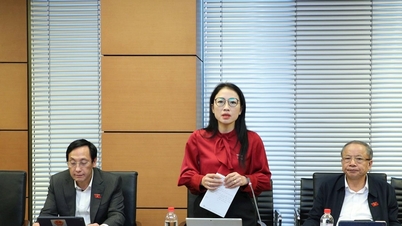

































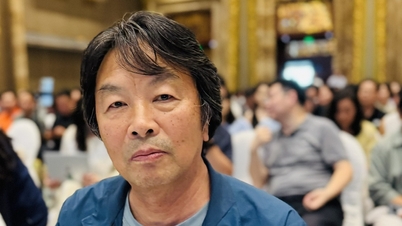

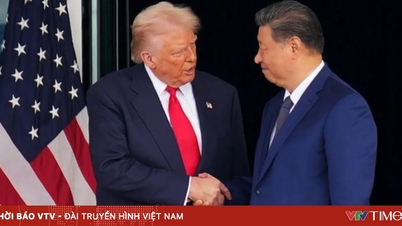
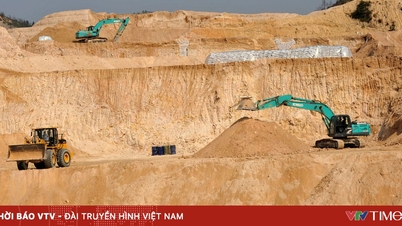
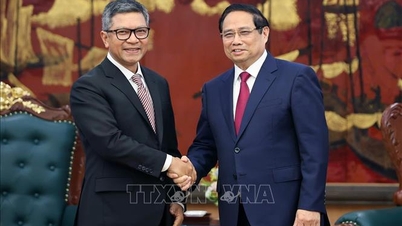






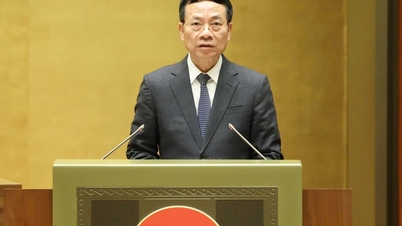
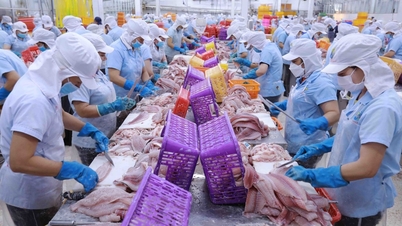
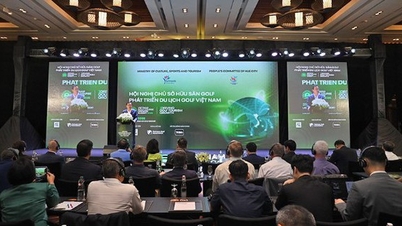


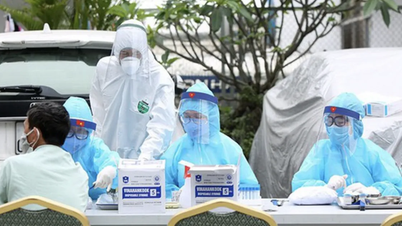
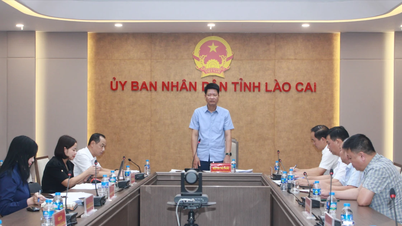

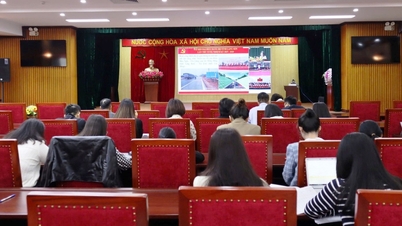

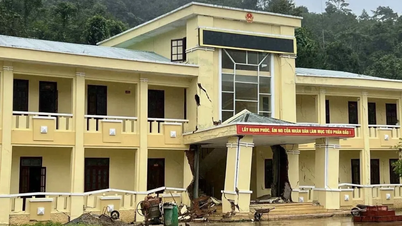











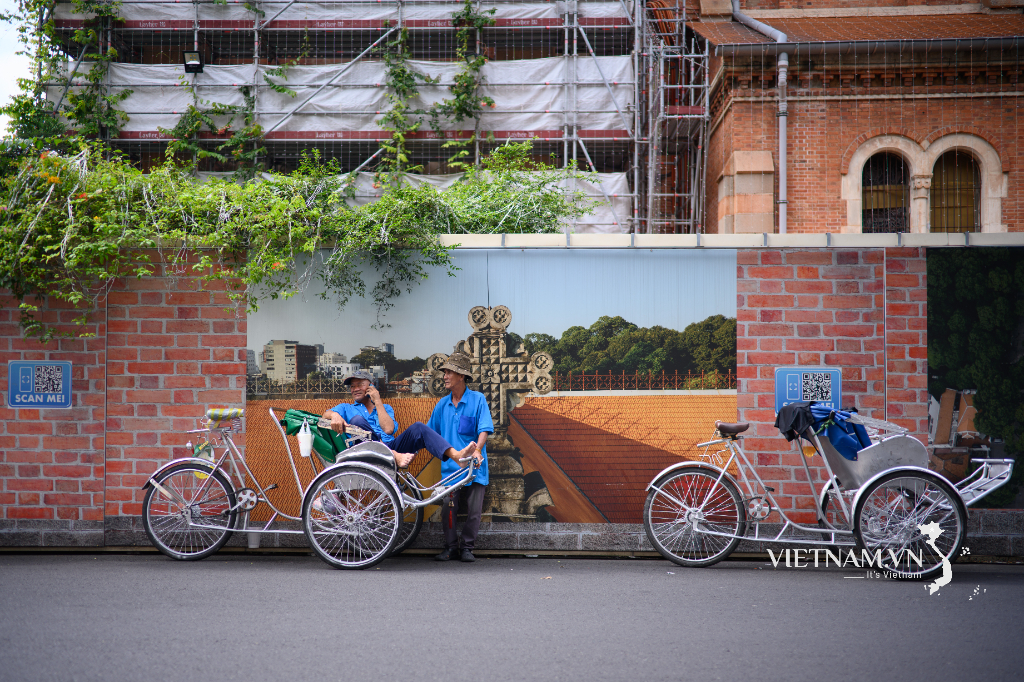



Comment (0)